From smart assistants to advanced camera features, AI is reshaping the smartphone experience in many ways. But this rapid adoption raises concerns about the user-friendliness of these devices.

More and more smartphones are integrating AI
UNPLASH SCREENSHOT
While AI enhances the user experience by providing personalized recommendations, it also adds complexity to smartphones, which can be confusing for less tech-savvy users. Smartphone manufacturers now face the challenge of balancing AI features and maintaining simplicity. Here are some factors that will influence how AI affects smartphone usability.
Enhance user experience
The primary ability of AI is to personalize user experience by analyzing preferences, habits based on the device owner. Through the help of large language models (LLM), AI systems are able to learn and adapt content based on user data.
Furthermore, it also promotes improved functions that can only be performed by AI models. For example, camera features are optimized to work better with AI. It can also optimize battery usage by managing resources efficiently, extending battery life.
Expanding Accessibility
AI offers various accessibility features that allow users to enjoy more features. AI-powered assistants like Siri and Google Assistant can perform various tasks through voice commands.
Some smartphones have added real-time translation, speech-to-text, and screen readers… These are designed to accommodate people with disabilities.
Overwhelming features
Conversely, the growing number of AI-driven features can make devices more complex. Older generations, who are often less tech-savvy, may feel overwhelmed. The latest features may also require a certain learning curve, and users may need more time to analyze how to use new AI features, especially if they can help their needs.
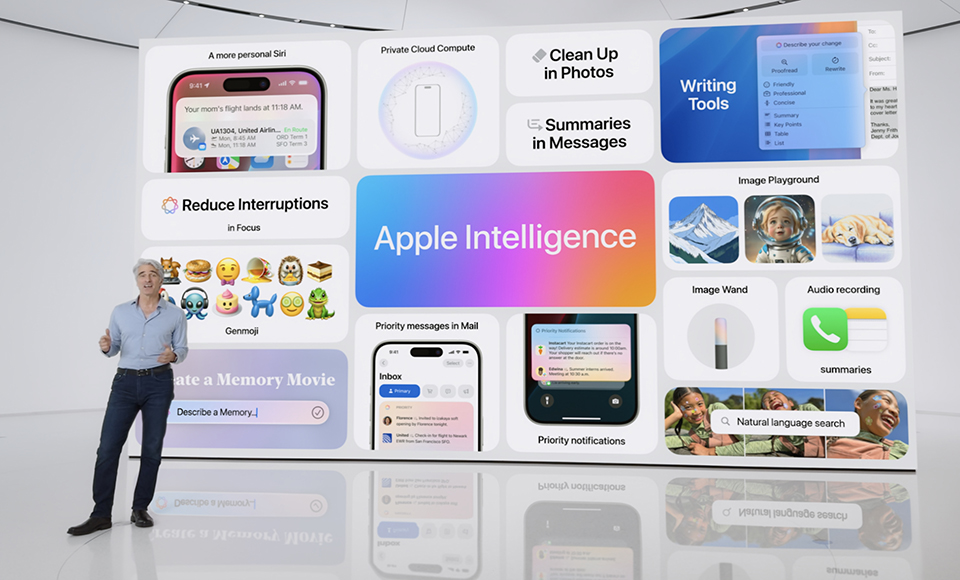
Many users may be overwhelmed with the AI features available on smartphones.
These features can detract from the overall user-friendliness of the device. Simplicity should always be a core function of any device.
Dependence on technology
AI features aren't perfect, and even AI companies themselves admit that their systems aren't always 100% accurate. Despite the hype, AI is still in its infancy as a technology.
Some AI models can be unreliable or produce inaccurate results, leaving users frustrated. Furthermore, users can become over-reliant on AI, reducing their ability to perform tasks independently.
Privacy issues
AI systems can deliver personalized experiences by performing extensive data collection processes, which often raises concerns about user privacy and data security.
Over-personalization can also lead to paranoia, as some people may feel uncomfortable about how much their devices know about them. While AI companies will ask for permission, the amount of data they collect from users is still unknown.
Source: https://thanhnien.vn/ai-tren-smartphone-loi-ich-hay-phuc-tap-hoa-trai-nghiem-nguoi-dung-185240615152003373.htm



![[Photo] Closing of the 4th Summit of the Partnership for Green Growth and the Global Goals](https://vstatic.vietnam.vn/vietnam/resource/IMAGE/2025/4/17/c0a0df9852c84e58be0a8b939189c85a)
![[Photo] Nhan Dan Newspaper announces the project "Love Vietnam so much"](https://vstatic.vietnam.vn/vietnam/resource/IMAGE/2025/4/17/362f882012d3432783fc92fab1b3e980)
![[Photo] National Assembly Chairman Tran Thanh Man meets with outstanding workers in the oil and gas industry](https://vstatic.vietnam.vn/vietnam/resource/IMAGE/2025/4/17/1d0de4026b75434ab34279624db7ee4a)
![[Photo] Promoting friendship, solidarity and cooperation between the armies and people of the two countries](https://vstatic.vietnam.vn/vietnam/resource/IMAGE/2025/4/17/0c4d087864f14092aed77252590b6bae)
![[Photo] General Secretary To Lam receives French Ambassador to Vietnam Olivier Brochet](https://vstatic.vietnam.vn/vietnam/resource/IMAGE/2025/4/17/49224f0f12e84b66a73b17eb251f7278)

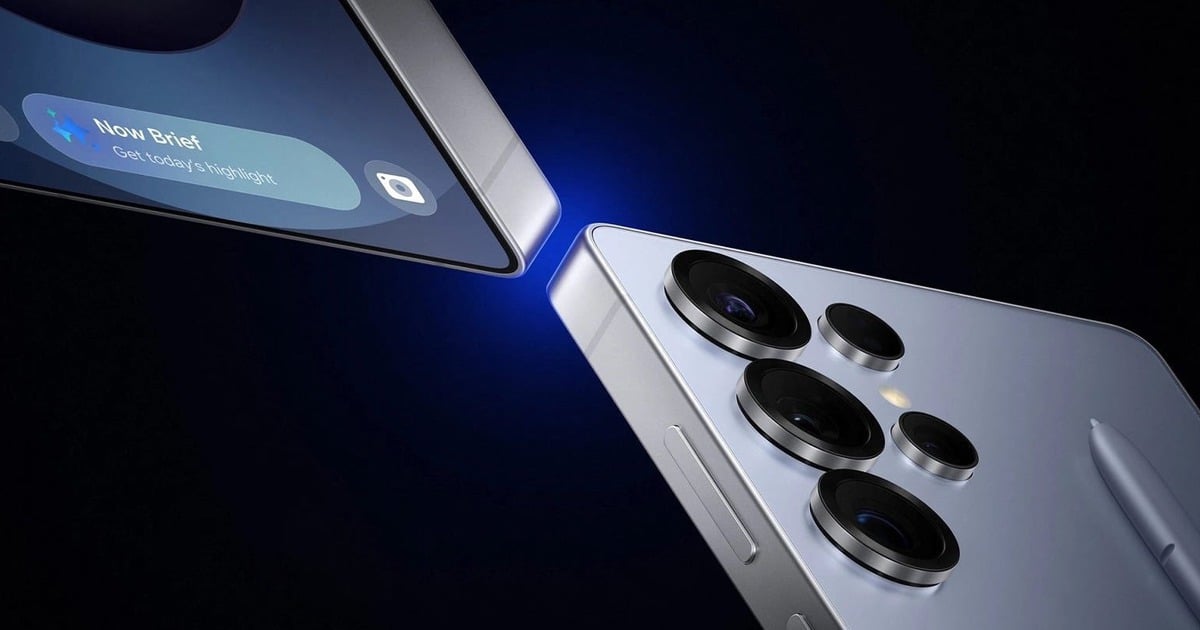

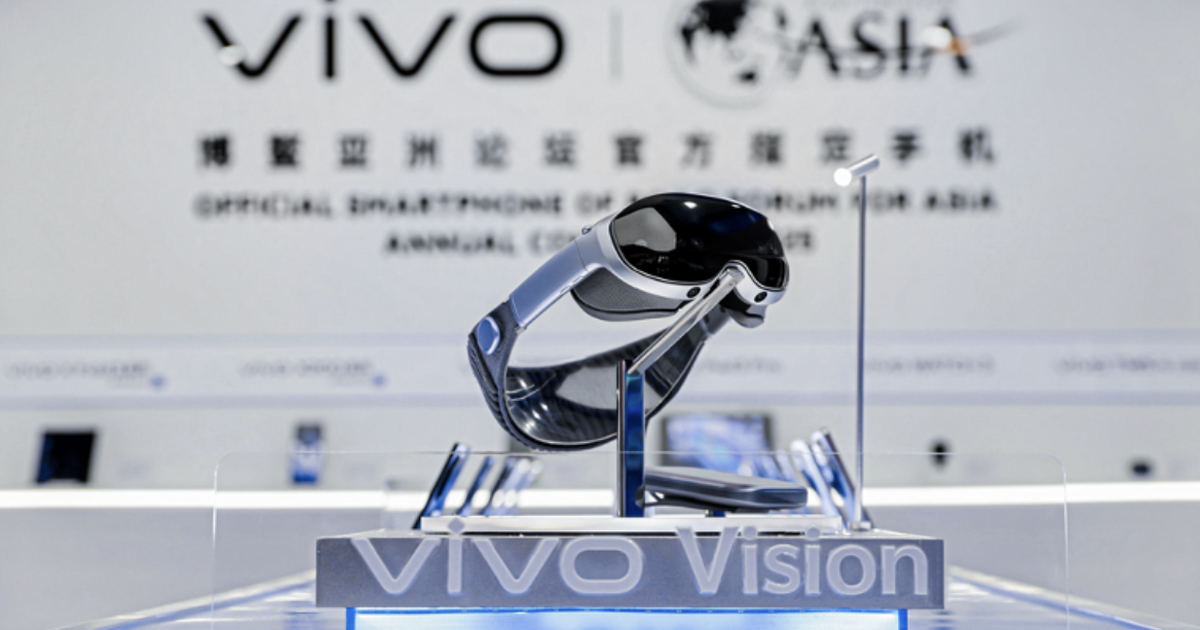






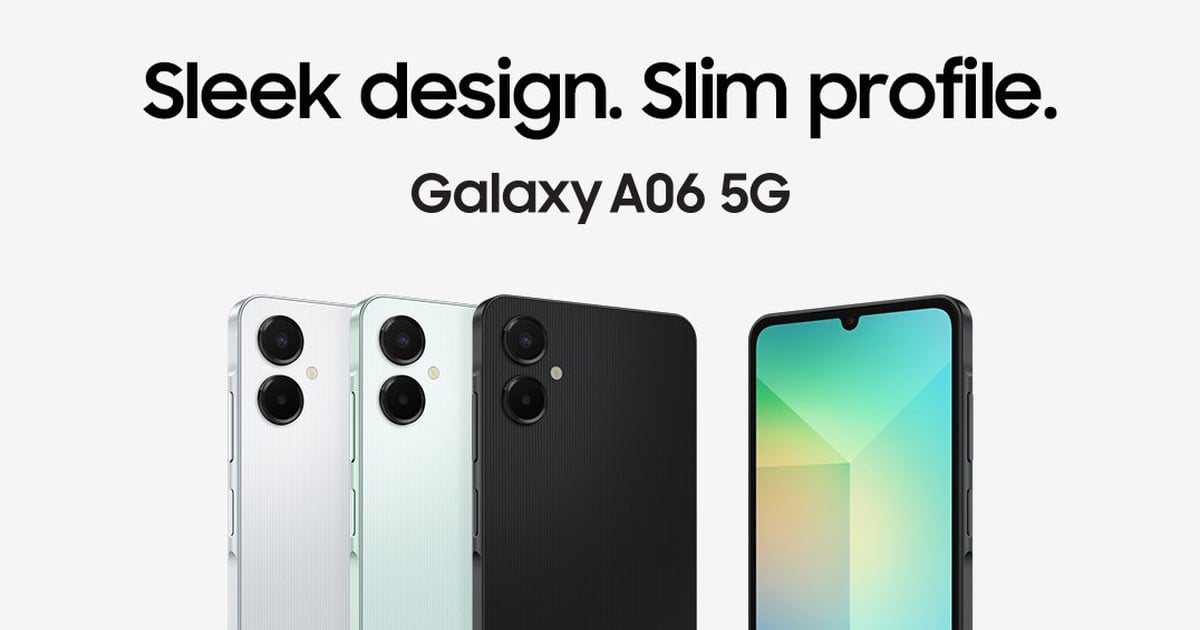
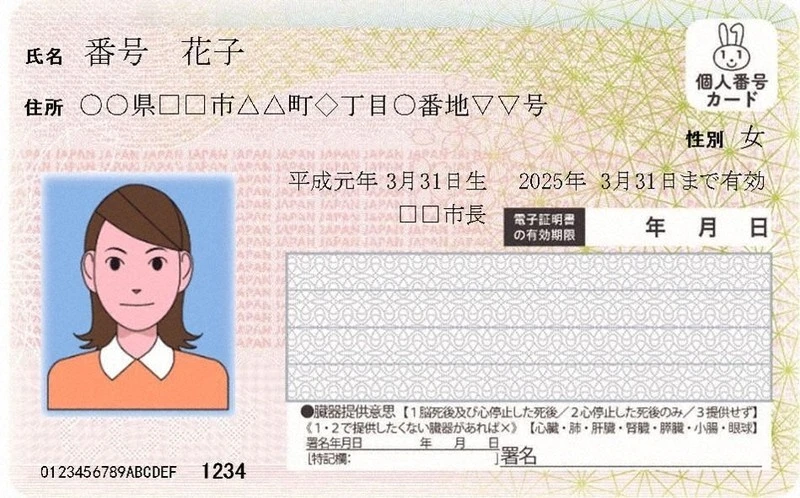










![[Photo] Welcoming ceremony for Chinese Defense Minister and delegation for friendship exchange](https://vstatic.vietnam.vn/vietnam/resource/IMAGE/2025/4/17/fadd533046594e5cacbb28de4c4d5655)



























![[Video] Viettel officially puts into operation the largest submarine optical cable line in Vietnam](https://vstatic.vietnam.vn/vietnam/resource/IMAGE/2025/4/17/f19008c6010c4a538cc422cb791ca0a1)





































Comment (0)